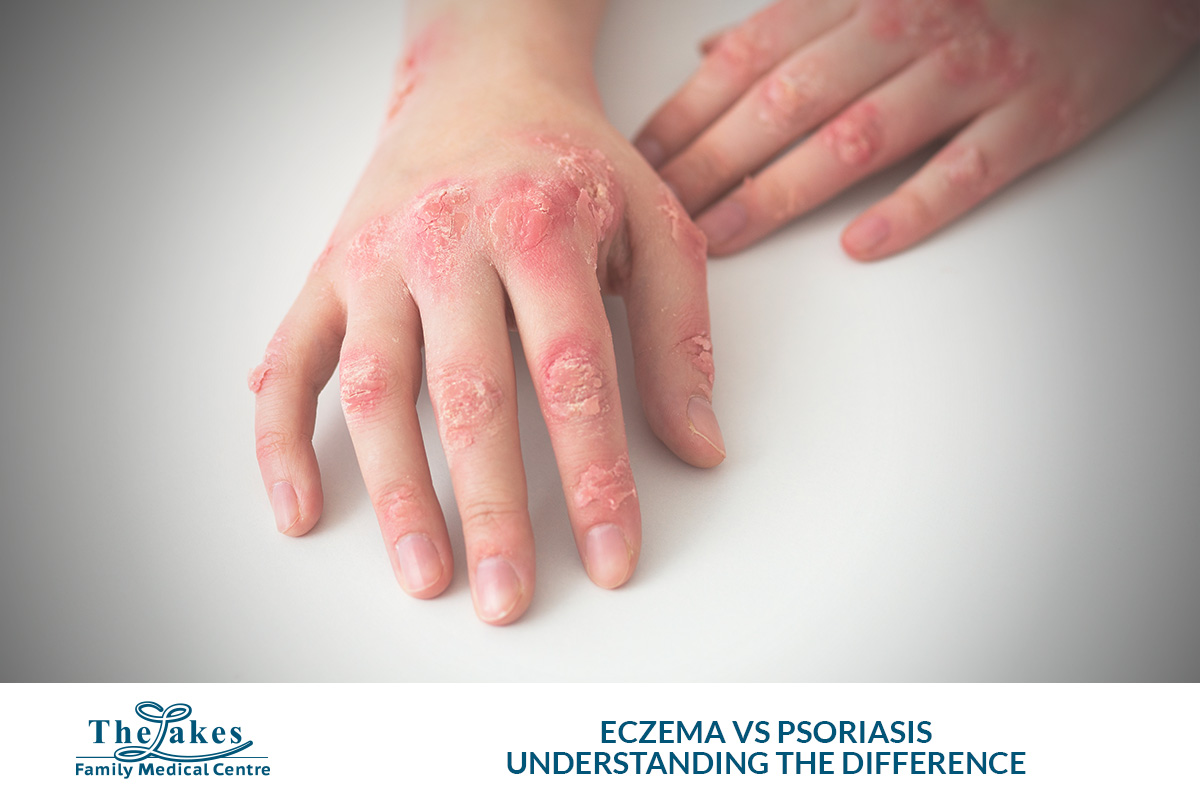
If you are living with dry, itchy, red or inflamed skin, you may be wondering: is it eczema or psoriasis? These two chronic skin conditions affect millions of Australians, often leading to discomfort, confusion and frustration. Although they share some symptoms, eczema and psoriasis have different causes, appearances, triggers and treatments.
In this guide, we will break down the difference between eczema and psoriasis, explain how to recognise each condition and explore how to manage them effectively especially with the support of your local Brisbane GP.
What You will Learn
- What causes eczema and psoriasis
- How to tell the difference between the two
- Typical symptoms and where they appear on the body
- What triggers flare-ups
- Associated health risks
- The best treatments available in Australia
What Is Eczema?
Eczema, also known as atopic dermatitis, is a common skin condition that often starts in childhood. It causes red, itchy and dry skin due to a weakened skin barrier, making it harder to retain moisture and protect against irritants.
This condition is frequently linked to asthma, hay fever and allergies, making it part of the “atopic triad” in children. However, adults can also develop eczema, particularly during stressful periods or due to other underlying health conditions.
Typical eczema symptoms include:
- Dry, cracked skin
- Severe itching (especially at night)
- Red or inflamed patches
- Oozing or crusting in severe cases
- Thickened or leathery skin from long-term scratching
What Is Psoriasis?
Psoriasis is a chronic, immune-mediated condition that causes rapid skin cell turnover, leading to the build-up of thick, scaly patches. It typically develops between the ages of 15 and 35 but can appear at any age. Unlike eczema, psoriasis is linked more closely to an overactive immune system and inflammation.
There are several types of psoriasis, but the most common form is plaque psoriasis, which causes silvery, raised plaques on the skin.
Common psoriasis symptoms include:
- Red, raised patches of skin
- Thick, silvery-white scales
- Itching, burning or stinging sensation
- Dry, cracked skin that may bleed
- Nail changes or joint pain (psoriatic arthritis)
Eczema vs. Psoriasis: Key Differences
Although eczema and psoriasis can look similar, they differ in several important ways:
| Feature | Eczema | Psoriasis |
| Onset | Often starts in infancy or early childhood | Typically begins between 15–35 years |
| Appearance | Red, inflamed, sometimes oozing | Raised plaques with silvery scales |
| Itchiness | Extremely itchy | Mild to moderate itch; may sting or burn |
| Common areas | Elbows, knees (inner folds), face, neck | Elbows, knees (outer), scalp, lower back |
| Skin texture | Rough, leathery, cracked | Thick, raised, scaly |
| Triggers | Irritants, allergens, stress | Cold weather, injury, infections, stress |
Understanding these differences can help you seek the right treatment sooner.
Where Do Eczema and Psoriasis Appear?
While both conditions can affect any part of the body, they tend to show up in different areas.
Eczema most commonly appears on:
- Inner elbows and behind the knees
- Neck, wrists and ankles
- Cheeks and scalp (especially in babies)
- Hands and fingers
Psoriasis typically affects:
- Elbows and knees (outer sides)
- Scalp and hairline
- Lower back
- Palms and soles of the feet
- Fingernails and toenails
- Skin folds (e.g. underarms, groin)
When psoriasis affects the scalp, the scales often extend beyond the hairline and may appear thicker than those caused by eczema.
What Triggers Flare-Ups?
Both eczema and psoriasis are chronic conditions with flare-ups. However, their triggers can differ.
Eczema triggers often include:
- Harsh soaps, detergents and chemicals
- Heat, sweat and humidity
- Dust mites, pollen and pet dander
- Food allergies (e.g. peanuts, eggs)
- Hormonal changes or stress
Psoriasis flare-ups may be triggered by:
- Cold, dry weather
- Infections (e.g. strep throat)
- Skin trauma (cuts, sunburn, scratching)
- Smoking or excessive alcohol
- Certain medications (e.g. beta-blockers, lithium)
Identifying your personal triggers is a vital part of managing either condition.
Are They Linked to Other Health Conditions?
Yes. Both eczema and psoriasis can increase your risk of developing other medical issues, which makes early diagnosis and consistent treatment even more important.
Conditions linked to eczema:
- Asthma and hay fever
- Depression or anxiety
- Skin infections
- Food allergies
Conditions linked to psoriasis:
- Psoriatic arthritis
- Heart disease and high blood pressure
- Type 2 diabetes
- Obesity
- Inflammatory bowel disease
- Anxiety and depression
Because psoriasis affects the immune system, it often comes with systemic inflammation, which may affect other parts of the body.
Diagnosis and Treatment Options
Your GP will examine your skin and may recommend tests to rule out other conditions. Once diagnosed, both eczema and psoriasis can be managed effectively through lifestyle changes, topical treatments and in some cases, systemic medications.
Eczema Treatment Options
- Moisturisers (emollients): Lock in moisture and repair skin barrier
- Topical corticosteroids: Reduce inflammation during flare-ups
- Calcineurin inhibitors: Used for sensitive areas like the face or eyelids
- Antihistamines: Help reduce itching and improve sleep
- Biologic injections: For severe or unresponsive eczema
Psoriasis Treatment Options
- Topical treatments: Coal tar, salicylic acid, vitamin D analogues
- Phototherapy: Controlled exposure to UV light to reduce scaling
- Oral medications: Methotrexate, cyclosporine for moderate to severe cases
- Biologic injections: Target immune response
The choice of treatment depends on the severity of symptoms, location on the body and how the condition responds to previous therapies. Your GP will guide you through the most effective options for your individual case.
Final Thoughts
Eczema and psoriasis may look alike, but they are different conditions that require distinct approaches to care. Eczema tends to begin in childhood and is deeply linked to allergies and sensitive skin, while psoriasis is an immune-related condition that often presents in adulthood with thick, scaly patches.
By recognising the symptoms early, avoiding known triggers and working closely with your GP, you can take control of your skin health and reduce the impact of flare-ups. At Lakes Family Medicine, we support families across Brisbane in diagnosing, managing and treating chronic skin conditions like eczema and psoriasis. Whether you are seeking advice for your child’s rash or managing long-term psoriasis flare-ups, our experienced GPs are here to help you get the relief and clarity you need.
Learn more about The Lakes Family Medical Centre :




